The Spanish melon season has already passed its halfway point in the region of Murcia, where yields per hectare are lower than usual. Consumption slowed down somewhat in the early stages of summer due to the not too warm weather, so the supply and demand have remained in balance and prices have also stayed at reasonable levels. In any case, the sector's restructuring trend has continued and melon consumption is expected to develop with the coming boom of fresh cut formats.
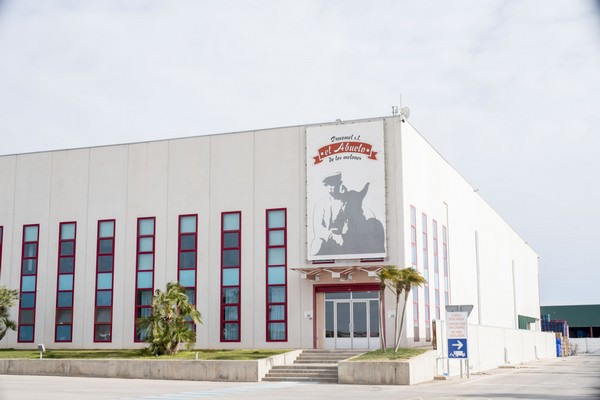
"Yields per square meter have dropped by around 20% due to a generalized reduction of the fruit's sizes this year, a consequence of the milder than usual temperatures in spring which, fortunately, has not had any impact on the quality of the fruit," says Cele Buendía, from Melones El Abuelo, which expects to produce over 60,000 tons of melons this year.

"In Almeria, we have had a stable season in terms of sales and this has also been the case in Murcia, with a lower production and, therefore, less pressure on the supply and decent prices at source. Prices have logically been higher for the larger sizes," says Buendía. "In May we saw a drop of up to 25% in consumption, and in June sales have fallen by around 15%, mainly due to the lack of heat in northern Europe. Nonetheless, I believe that the supply and demand will remain in balance until the end of July."
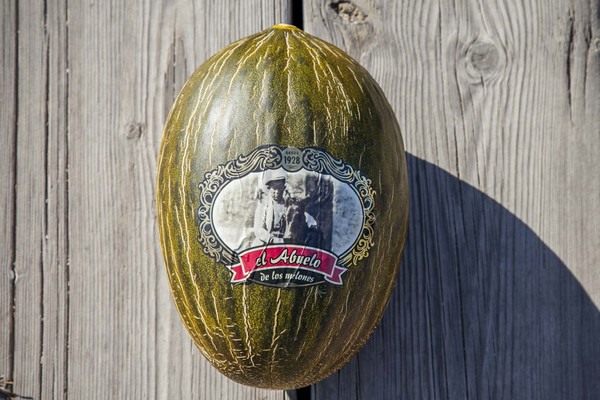
Melones el Abuelo is specialized in growing and selling Piel de Sapo melons, approximately 80% of which are intended for the domestic market and the rest for export. Exporting this traditionally Spanish melon has been possible thanks to the selection of small-sized varieties that meet the same quality standards as the large formats sold on the domestic market.
The company can supply melons all year round thanks to its production in Brazil, with about 11,000 tons sourced from Agrícola Famosa and other growers, and in Senegal, with around 8,000 tons. In the African country, the company also produces around 1,500 tons of watermelon at the request of some clients.
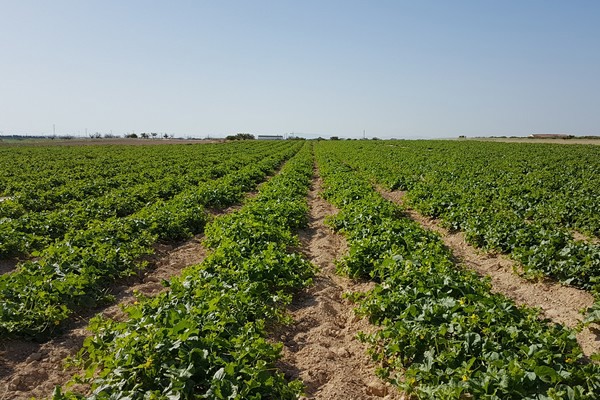
"Unlike other companies in the sector, we dislike it when the Senegalese melon season overlaps with the Spanish campaign in Almeria, so we choose to stop for a week so that no comparisons can be made in terms of quality or sales. At the beginning, clients were reticent about this idea, but today, the majority of them understand the benefits of such a practice."
At the moment, the company is working with the productions of Murcia, Cordoba and Seville, and in August, it will continue with Castile-La Mancha until the Spanish season comes to an end at the end of September.
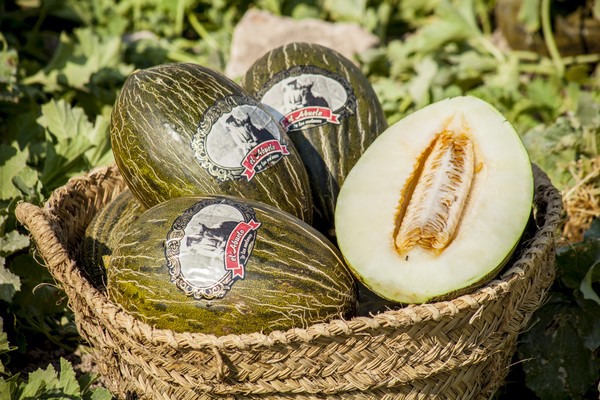
According to Cele Buendía, new regulations for the sale of cut melon in Spanish supermarkets and food stores will open up a range of opportunities for pre-prepared convenience food formats with greater health guarantees. "This will allow consumers to buy smaller pieces, which will also be fresher thanks to a higher turnover, making it easier for all kinds of family units to consume them."
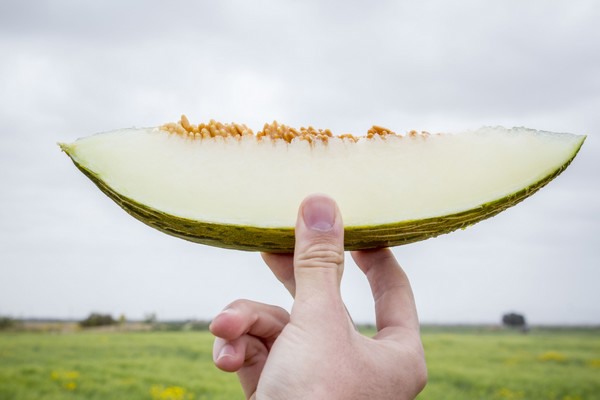
"I believe that the fruit used for pre-prepared convenience food products should not be the lowest quality one; quite the opposite. I'll always be a great consumer of good quality fruit in whatever format I can buy it, without the need for any additives," says the grower and exporter. "The fact is that Spain has yet to fully accept the sale of smaller or mini varieties of melon and watermelon, despite the fact that, in 30 years, the average size of melons has certainly gone from 4 or 5 kilos to around 2.5 or 3.5 kilos."
Restructuring process continues in melon sector
According to Cele Buendía, although melon consumption has remained more or less stable over the last five years, his company's business in the domestic market continues to grow.
"In recent years, small companies have been disappearing while larger ones have continued to grow. So the sector is in the middle of a restructuring process, with large funds playing a major role. I am an advocate of the entry of funds into the game, as the industry has long suffered from individualism. While the funds' legitimate goal is financial performance, there has also been a remarkably greater concentration of the supply, as well as better synergies."
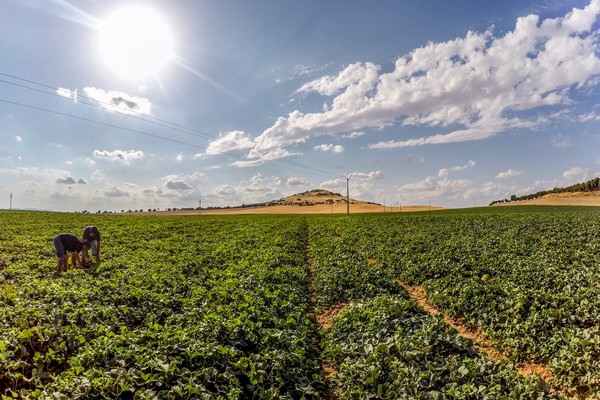
Although Melones el Abuelo was founded 21 years ago, Cele Buendía has more than 42 years of experience in the melon business. "I remember when the melon sector was kind of drifting, with a product on its way to becoming a commodity, not something exclusive and exquisite, as it might well be. In the beginning, nobody believed in this idea, but to me, it has always been clear. However, I must confess, I never imagined that we would get to where we are today. It wasn't a goal either."

For more information:
Cele Buendía
Tel.:+34 968 38 33 39
Melones El Abuelo
Paraje los Ruices, 115 Los Martínez del Puerto
30156 Murcia, Spain
[email protected]
meloneselabuelo.com
